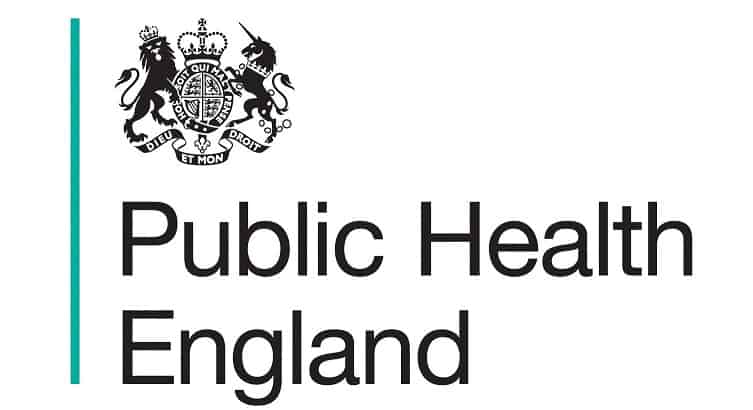
Cancers diagnosed earlier in England, but cases rise
pharmafile | September 16, 2015 | News story | | Cancer, Jeremy Hunt, Public Health England, cancer diagnosis, public health
The proportion of cancers diagnosed by GPs under the ‘two-week wait’ referral pathway rose, and late diagnoses fell, after the Government ran public awareness campaigns, a study shows.
The figures show that the number of cancers diagnosed as a result of emergency presentation at hospital in England decreased, while the number of cancers diagnosed through urgent GP referral with a suspicion of cancer increased.
The data was drawn from research presented at the Public Health England in Warwick, covering patients diagnosed with cancer between 2006 and 2013. It showed that though in 2006 almost a quarter of cancers were diagnosed as an emergency, this figure had fallen to 20% by 2013. Over the same period referrals through the two week wait pathway increased from 22% in 2006, levelling off in 2008 then rising again after 2009 to 28% in 2013.
Despite the positive results around earlier diagnosis, the figures did however reveal an overall increase in the number of cancer cases. For a common cancer like lung, the proportion diagnosed through the GP two-week wait referral route increased from 22% in 2006 to 28% in 2013. The proportion diagnosed through emergency presentation fell each year, from 39% in 2006 to 35% in 2013.
Julia Verne, head of clinical epidemiology, Public Health England, says: “The latest data shows a positive trend in how cancer is diagnosed in England. The earlier, the better, if we are to catch up with comparable European.
“These improvements in routes to cancer diagnosis follow several years of work across the sector to improve early diagnosis in England. Our work however, is not complete; while emergency presentation is declining it still remains high for cancers like liver and pancreas.”
It comes as the Government has pledged that from 2020, people with suspected cancer will be diagnosed within 28 days of being referred by a GP. This includes a promise that by 2020 “around 20,000 additional people a year having their cancers genetically tested to identify the most effective treatments.”
Secretary of State for health Jeremy Hunt says: “For people who are worried they may have cancer, waiting for that all important test result is a nerve-wracking time. We have a duty to make sure this period of uncertainty is as short as possible.
“For those who get the all clear, they will have peace of mind sooner. Those who sadly have cancer will get treatment much quicker and we will save thousands of lives as a result.”
Joel Levy
Related Content

Geneos Therapeutics shares data from phase 1/2 trial for cancer vaccine
Geneos Therapeutics has announced that it has published positive safety, immunogenicity and efficacy data from …

Curve Therapeutics’ CSO publishes research on HIF inhibition for cancer treatment
Curve Therapeutics has announced that its chief scientific officer, Professor Ali Tavassoli has published research …

Verastem Oncology gains Fast Track Designation for combination NSCLC treatment
Verastem Oncology has announced that the US Food and Drug Administration (FDA) has granted Fast …








